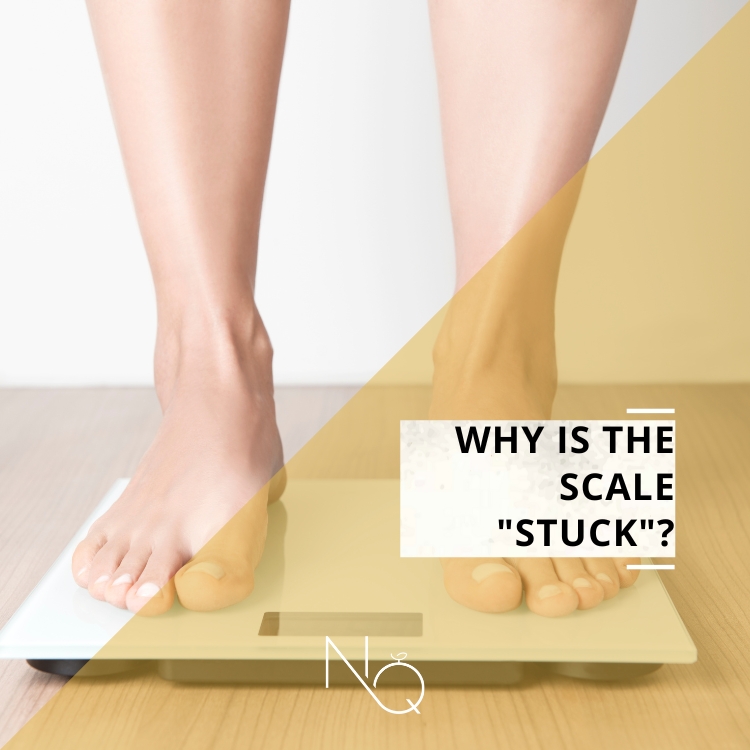If you're trying to lose weight and the scale seems stuck, don't panic. In this article, we analyze the causes of why the scale can get "stuck" and mention ways to deal with it effectively.
Reasons why the scale "gets stuck"
Plateau: When trying to lose weight, it's quite common to reach a plateau, where the scale gets stuck and doesn't go lower. This can happen due to a decrease in metabolism. The body needs less energy to maintain the new, lower weight achieved so far. Thus, we experience a slower rate of weight loss or a temporary stop.
Energy Intake: You may consume more calories than you think or calculate. Small snacks, extra bites, drinks, or larger portions may delay your progress.
Exercise Routine: If you have been following the same exercise routine for a long time, your body may have adapted. Changing the intensity, duration, or type of exercise can help the scale go down further.
Muscle Gain: If resistance exercises are included in your training, you may gain muscle mass. Muscle weighs more than fat, so even if the scale doesn't move, you may have lost fat while gaining muscle.
Fluid Retention and Digestion: Retention is quite common and can be caused by several factors. High sodium (salt) intake, hormonal changes, or inflammation can cause your body to retain water, which can mask weight loss. Also, constipation or changes in digestion can affect your weight.
Stress and Sleep: High stress levels and lack of sleep can affect hormones that regulate hunger and fat storage, such as cortisol and ghrelin, potentially leading to weight gain or making it harder to lose weight.
Medical Conditions: Certain medical conditions, such as hypothyroidism or polycystic ovary syndrome (PCOS), can make it harder to lose weight. Medications for these or other conditions may also contribute to weight gain or difficulty losing weight.
Metabolic Adaptation: Over time, severe calorie restriction can lead to metabolic adaptation. In this way, the body uses fewer calories, thus reducing the rate of weight loss.
How do we make the scale "move"?
To get the scale to move, you need to evaluate the abovementioned factors. For example, track your diet using a food diary to identify areas that make it difficult to lose weight. Also, ask your trainer to check if you need any changes in your training plan. For anxiety and poor sleep, you can try stress reduction techniques such as meditation, yoga, or deep breathing exercises. Aim for 7-9 hours of quality sleep a night. Against popular belief, drinking water helps reduce fluid retention. If you suspect a medical condition may affect your weight loss, consult a healthcare professional for appropriate testing and treatments. Finally, reassess your goals. It may be helpful to shift your focus away from weight loss and concentrate on other health attributes, such as improving fitness levels, increasing strength, and enhancing overall well-being.
These are the main reasons why you see the scale "sticking." Consistency and patience are key in any weight loss journey. Small changes and continued effort can yield the desired results.




